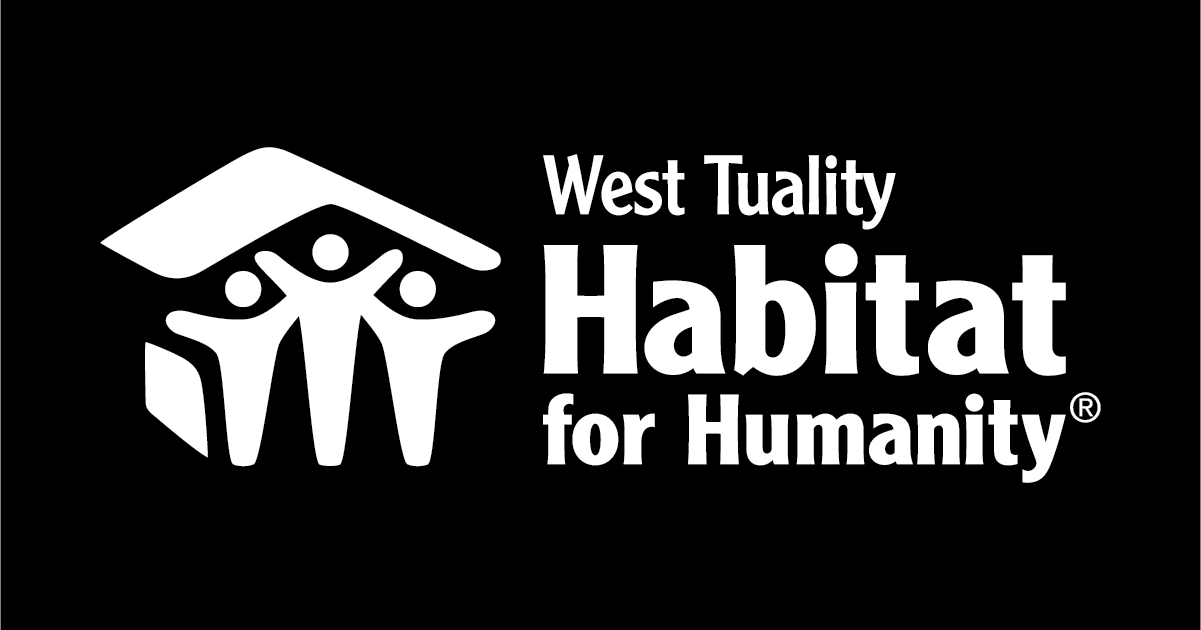
advocacy
the issue: housing affordability
Habitat for Humanity believes that a family or individual should never have to spend more than 30% of their income on a home. Yet consider that today nearly 19 million U.S. households pay 50% or more of their income on a place to live.
That means that 1 in 6 families are denied the personal economic stability that safe, decent, and affordable housing provides. These people are forced to make impossible choices between home costs, nutritious food, health care, school costs, reliable transportation and other necessities.
our advocacy
Building on our strong record of advocacy achievements throughout the U.S. and on the unparalleled reputation of Habitat’s network of over 1,200 U.S. affiliates, Habitat is engaging housing advocates; Habitat homeowners, volunteers and supporters; federal, state, and local policymakers to advance access to safe, decent and affordable homes.
advocating for change
In addition to raising our hammers, Habitat also raises our voices through extensive advocacy efforts in the U.S. and around the world. As a part of this overall advocacy, West Tuality Habitat for Humanity regularly talks with elected officials that represent Western Washington County to improve what might be less visible aspects of housing like laws, regulations, systems and policies that affect adequate and affordable housing: our representatives sometimes travel to Washington DC and to Salem, Oregon as a part of this advocacy, and elected officials are regularly invited to our events. Our representatives also sometimes speak at official government events, like at a Forest Grove, Oregon city council meeting in May 2023 where we provided an update on how we spent government money for critical home repairs around Western Washington County.
Within the U.S., Habitat for Humanity has a national Cost of Home campaign to influence policies that will help 10 million individuals access an affordable place to call home. From calling for increased investment in housing trust funds to championing mortgage relief for homeowners impacted by COVID-19 across all 50 states, advocates have used their voices to fight for solutions to address the housing needs in their communities.
Representatives of West Tuality Habitat meeting with Oregon State Senator Janeen Sollman in Salem in March 2023.
+you talks
Habitat has a series of +You discussions on the many ways that shelter is connected with other key societal issues. These talks feature Habitat for Humanity International’s leaders from across the U.S. and around the world in addition to external experts. We aim to raise up the importance of housing in the public conversation and highlight the important work that our organization is undertaking during these trying times.
Why companies should prioritize shelter as part of their philanthropic efforts, and the role of cause marketing initiatives in aligning brand value and social responsibility.
At a time when staying home has become the first line of defense against the virus, what role is safe and decent housing playing in supporting women during the pandemic?
Dr. King’s vision of “the Beloved Community” — a community that includes diversity and allows for tension undergirded by love and leads to transformation.

You can help.
Your voice has influence. By sharing your support for home affordability to policymakers at all levels of government, you are helping us make the #CostOfHome something we all can afford.
We need you to spread the word for affordable housing. Use #CostOfHome on social media.
West Tuality Habitat for Humanity does not take “positions” on proposed legislation or policies except for those that directly relate to the accessibility of affordable housing, and which have been endorsed by Habitat for Humanity of Oregon or Habitat for Humanity International. In general, we support any and all efforts that make affordable housing available across all segments of society, that promote housing stability, that close the “ownership gap” for minorities, that promote mixed-income communities, and that serve to make access to housing a matter of conscience for persons everywhere.




